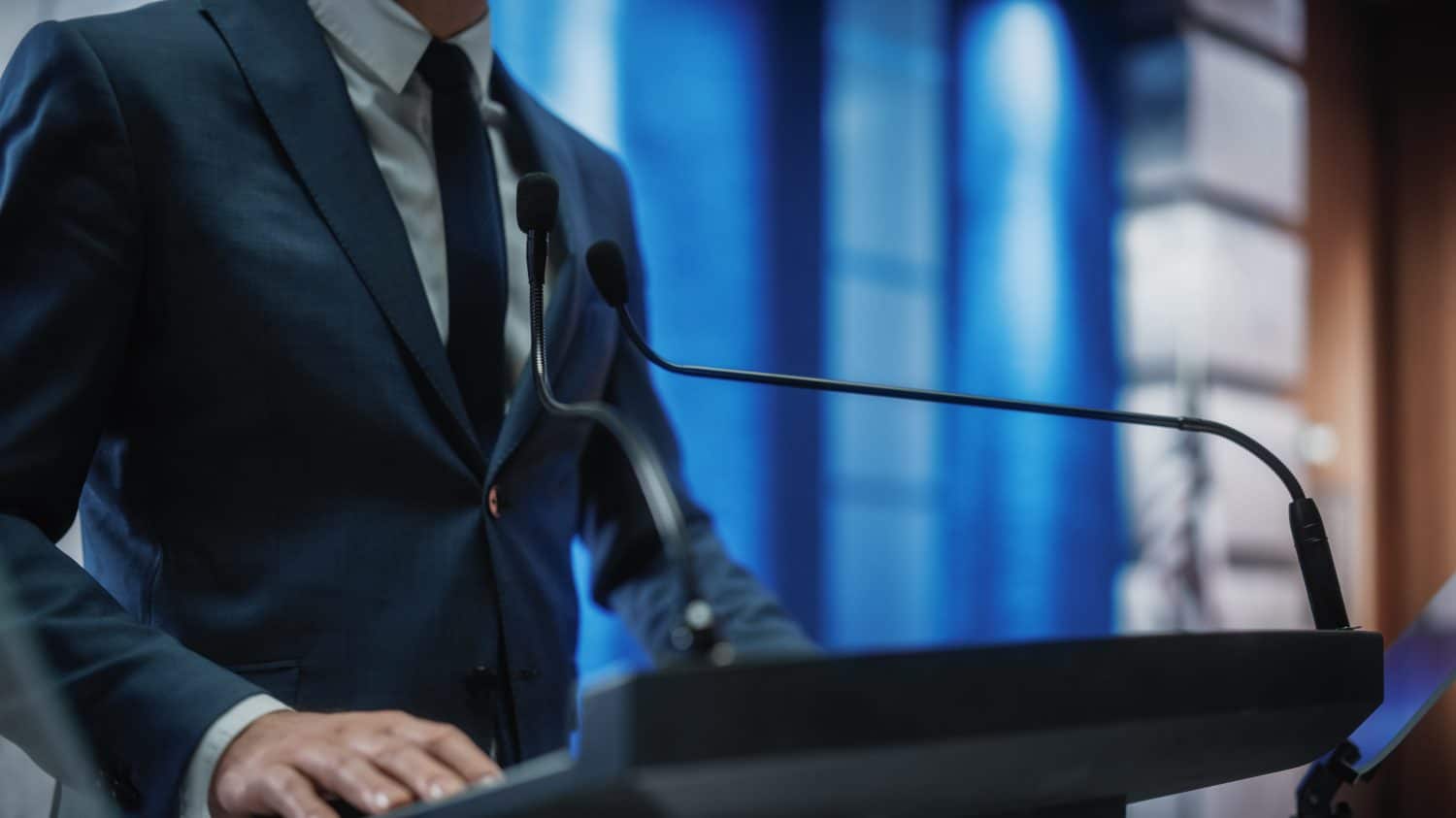
24/7 Insights
-
- Global leadership is important for a stable world economy.
- India’s Prime Minster is serving his third term.
- The US will elect its next President in the coming months.
In the world of global leadership, there are truly popular leaders and some not-so-popular ones. While the leaders of the United States, India, Russia, China, and the United Kingdom tend to get all the press, this doesn’t always reflect strong or poor approval ratings. In fact, President Biden is a prime example of a leader who gets a lot of press without being hugely popular.
However, what we really need is concrete data to argue which global leaders have the highest approval ratings, and Morning Consult has given us precisely that. Using their methodology, which tracks a seven-day moving average provided by the group’s proprietary survey capabilities, we can see which leaders have the highest approval and disapproval ratings.
Why Is This Important?
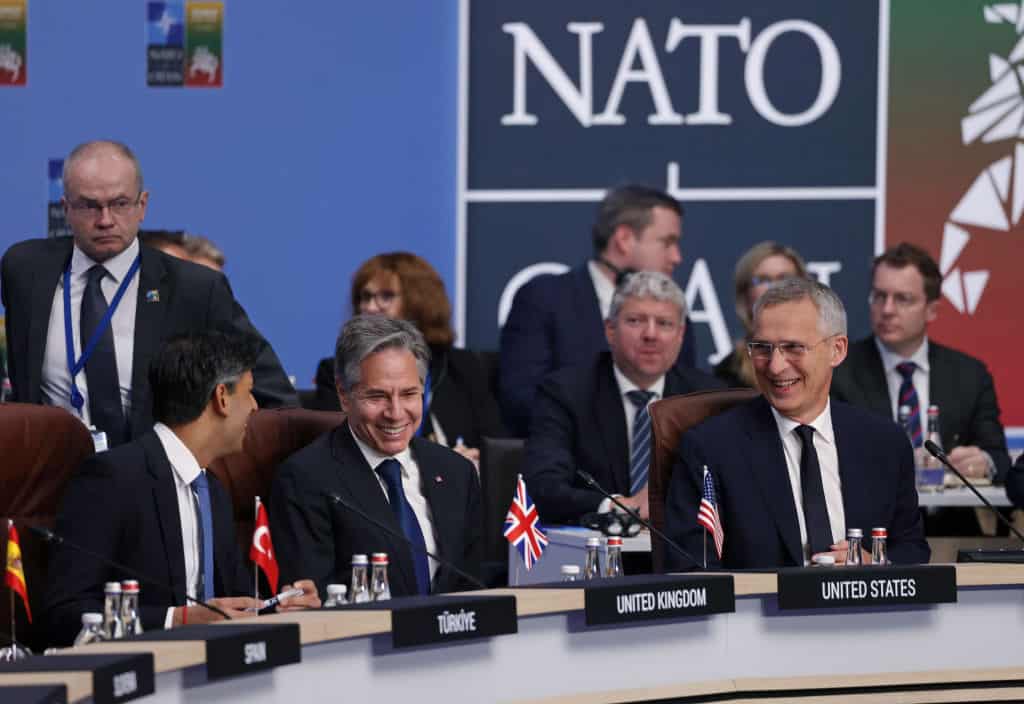
When you consider the importance of global leadership, how much faith people have in their leadership can directly impact finances. US market volatility has been the subject of much discussion ever since Joe Biden decided not to seek a second term. For 24/7 Wall St readers, watching the market during an election year is always stressful, so what happens in November can have a fairly significant impact on investment strategies in the coming months.
25. Yoon Suk-Yeol (South Korea)
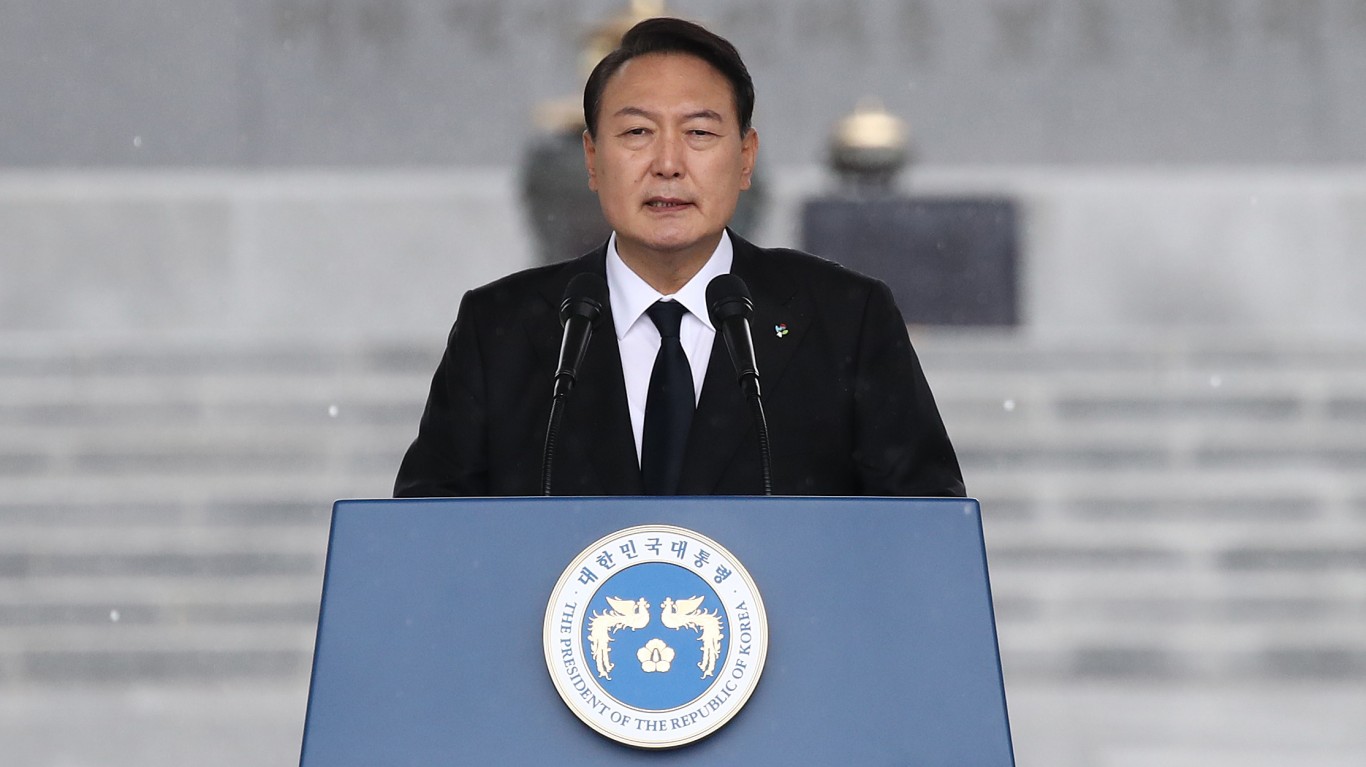
- Approval rating: 17%
- No opinion: 8%
- Disapproval rating: 75%
According to Morning Consult, the least popular leader is the South Korean leader, Yoon Suk-Yeol. He offers controversial policies and is becoming increasingly unpopular as new legislation slowly passes.
24. Petr Fiala (Czech Republic)
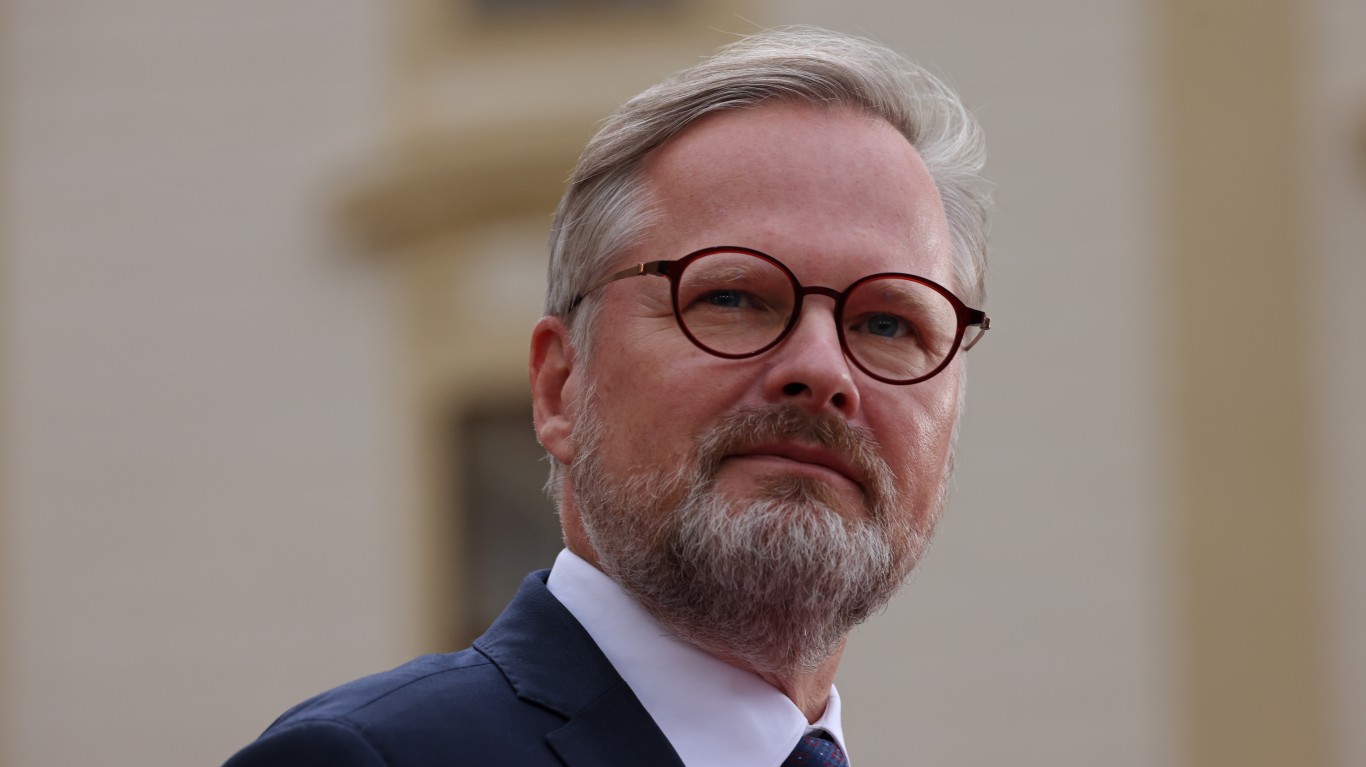
- Approval rating: 19%
- No opinion: 6%
- Disapproval rating: 76%
Economic concerns, including unpopular tax increases and spending cuts that have led to widespread protests, are among the top concerns about Petr Fiala’s government in the Czech Republic.
23. Olaf Scholz (Germany)
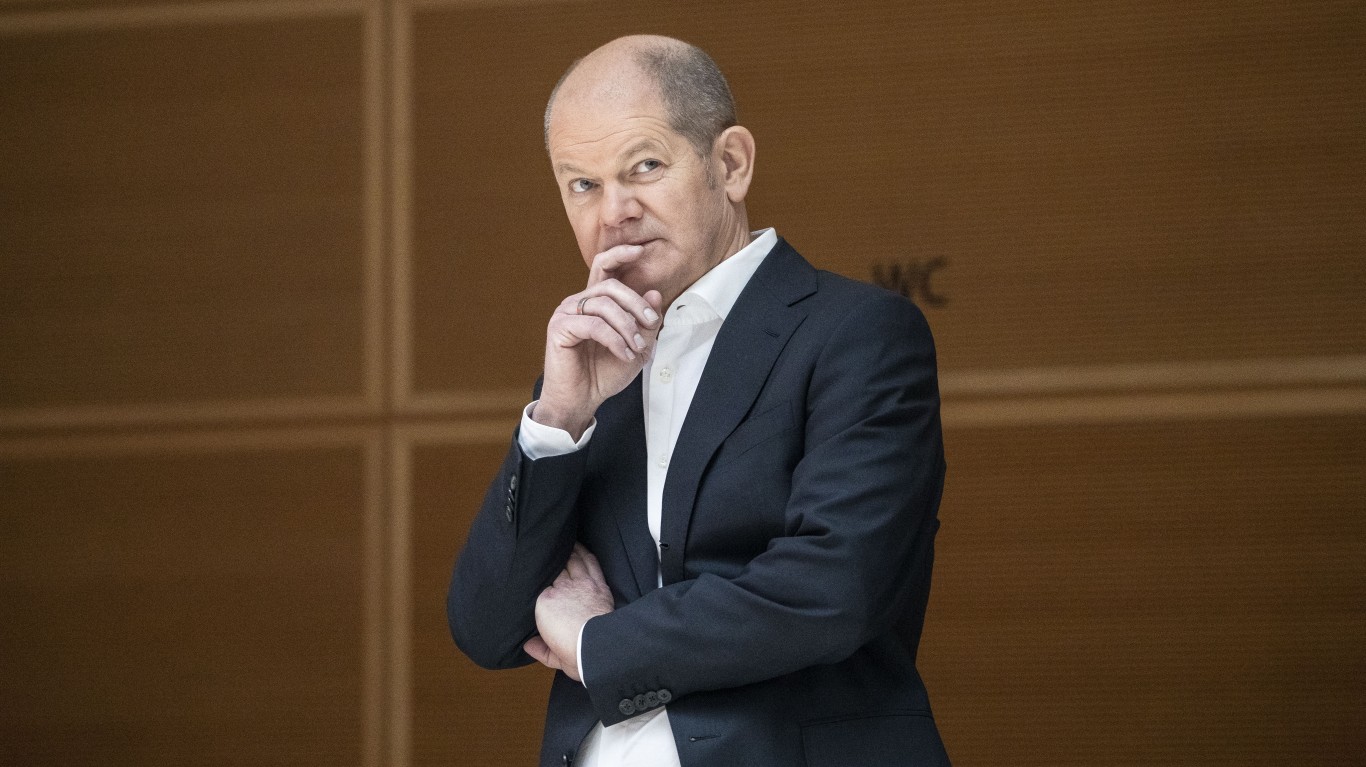
- Approval rating: 20%
- No opinion: 7%
- Disapproval rating: 73%
The German people are losing favor with Olaf Scholz lately, and many think he’s doing a bad job. Germany’s divided three-party government is simply out of favor, while Scholz is also seen as too indecisive.
22. Fumio Kishida (Japan)
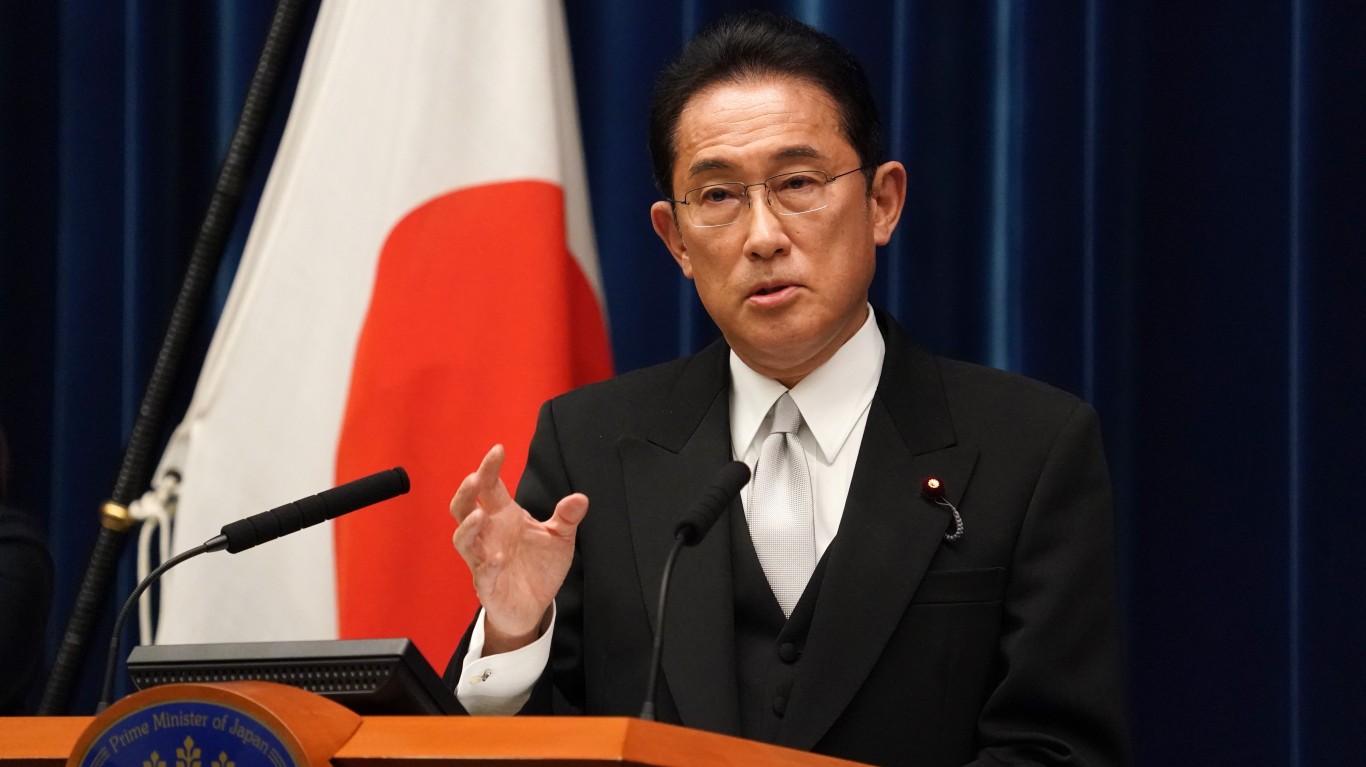
- Approval rating: 21%
- No opinion: 17%
- Disapproval rating: 61%
It’s been several months since Fumio Kishida’s approval ratings hovered in the low 20s. After reaching a low in July, economic concerns are at the top of Japanese voters’ concerns.
21. Emmanuel Macron (France)
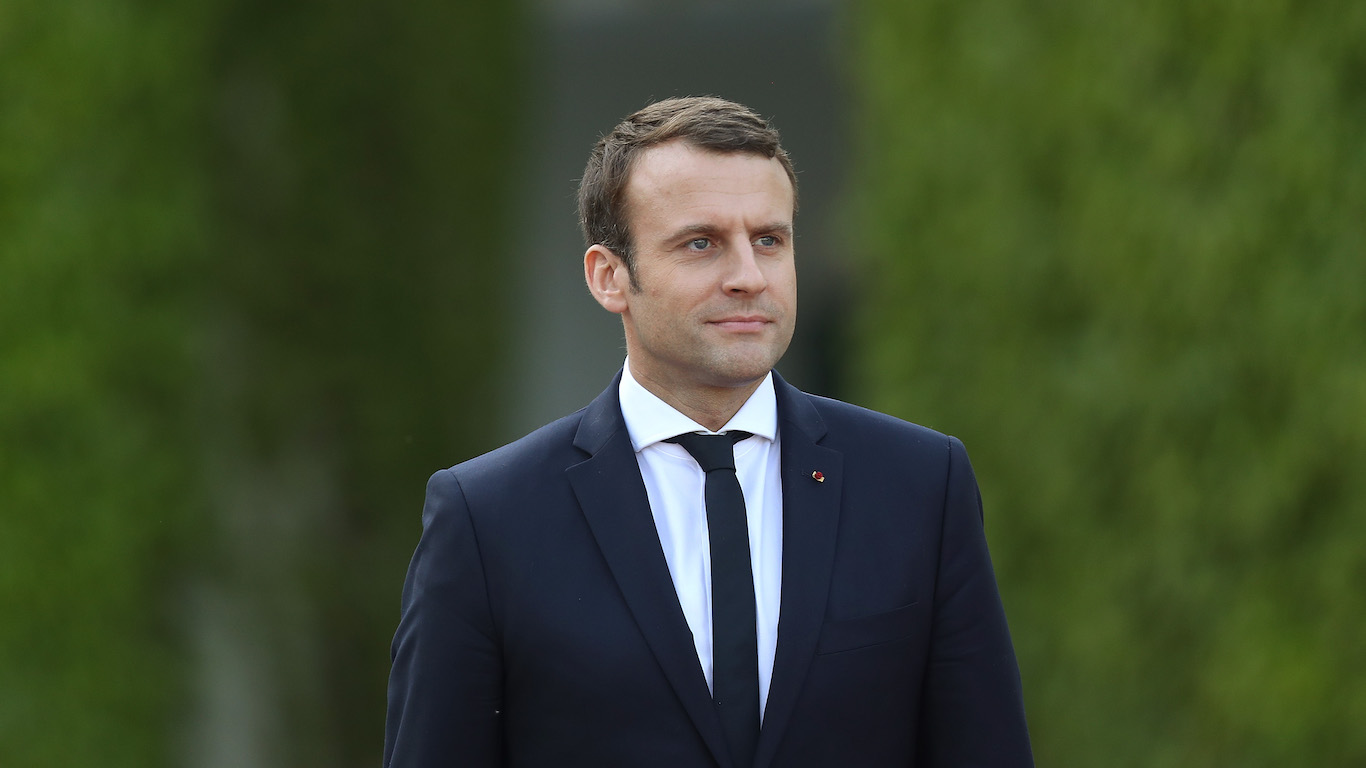
- Approval rating: 22%
- No opinion: 8%
- Disapproval rating: 17%
A one-time popular leader, Emmanuel Macron, has recently seen his share of approval drop. French economic challenges and concerns show that Macron is out of touch with voters, which is mainly responsible for low approval numbers.
20. Justin Trudeau (Canada)
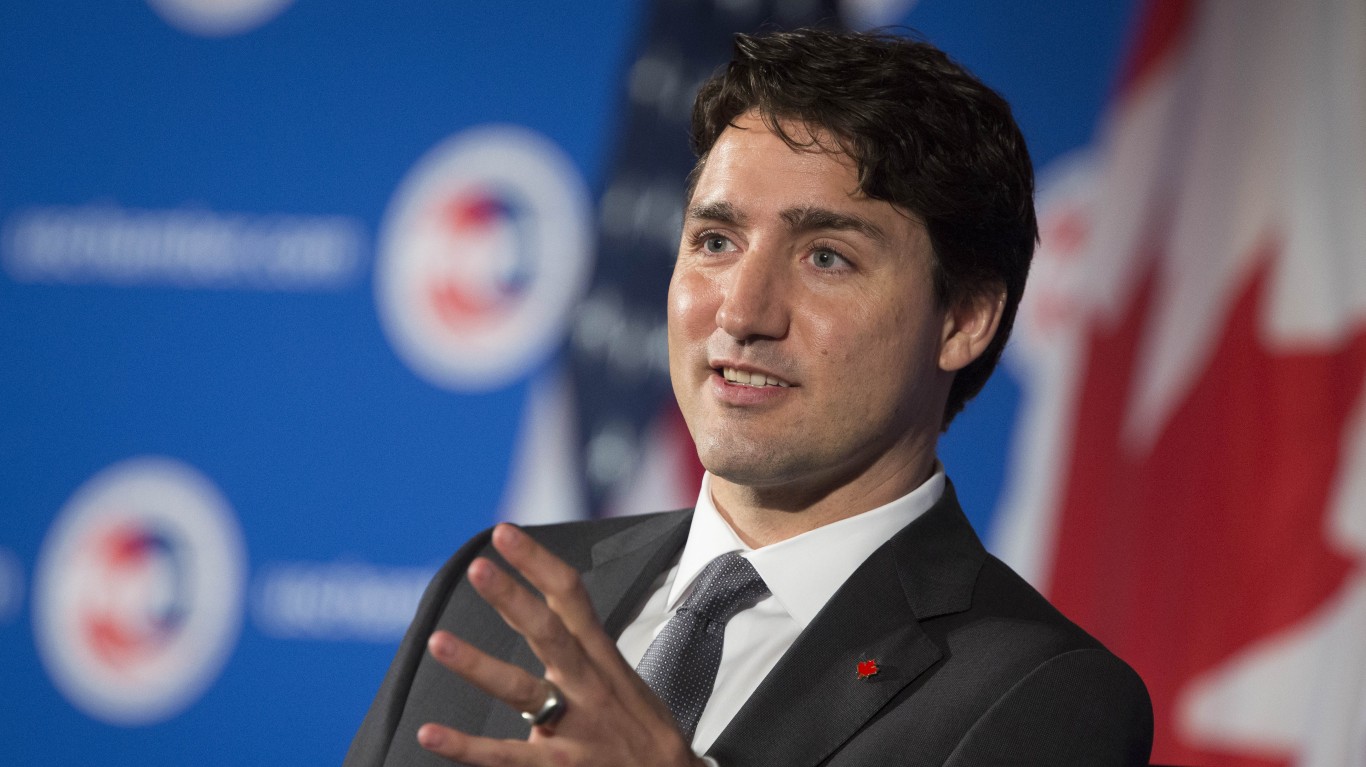
- Approval rating: 28%
- No opinion: 7%
- Disapproval rating: 65%
Justin Trudeau is one of the more shocking and unpopular leaders, and many Canadians feel he has become disconnected from his base. After nine years in office, voter fatigue finally settles in with younger voters.
19. Recep Tayyip Erdogan (Turkey)
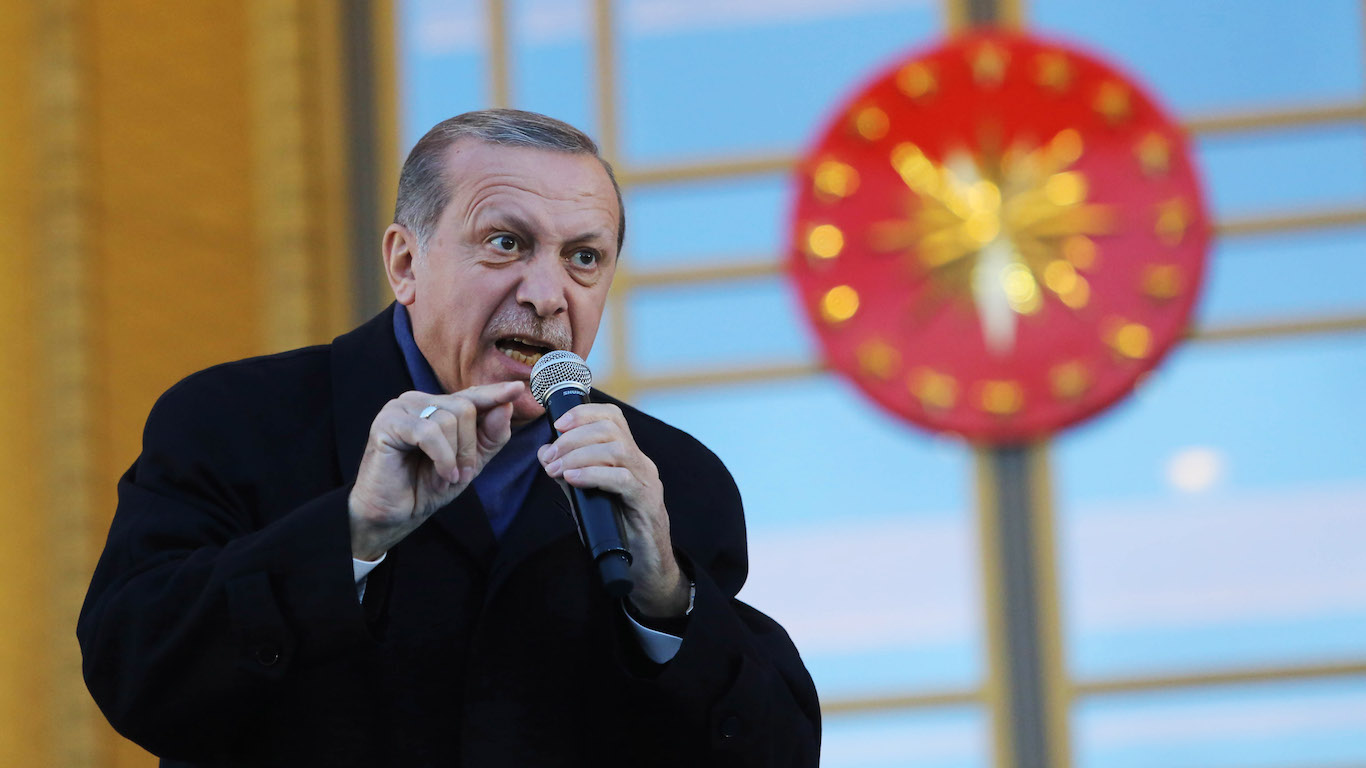
- Approval rating: 29%
- No opinion: 11%
- Disapproval rating: 60%
Recep Tayyip Erdogan has long been an unpopular leader in Turkey but has something of an iron grip on the country. Younger voters do not like the country’s economic issues or foreign policy decisions.
18. Karl Nehammer (Austria)
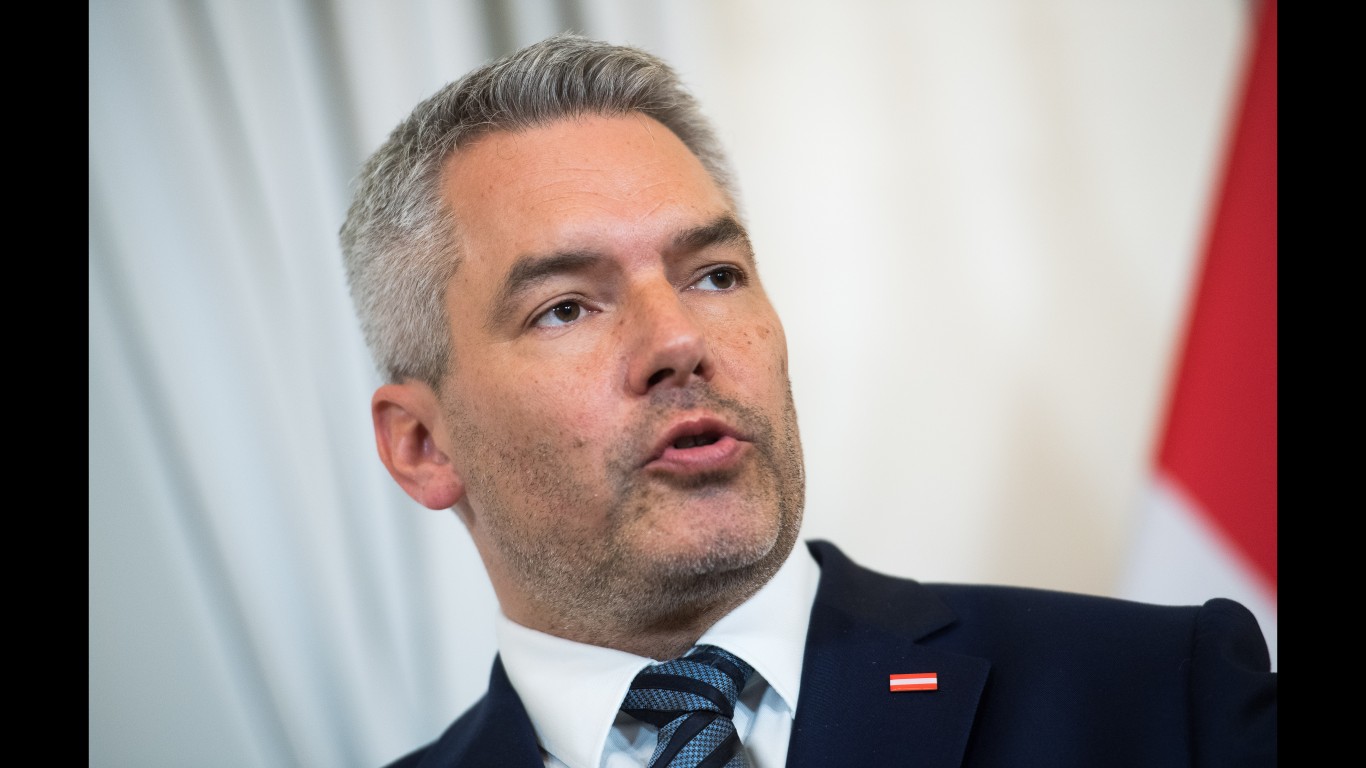
- Approval rating: 31%
- No opinion: 11%
- Disapproval rating: 58%
As in other countries, Karl Nehammer has seen his personal popularity drop due to his party’s declining support. Rumors persist that his party is making “secret plans” to remove him from power.
17. Jonas Gahr Store (Norway)
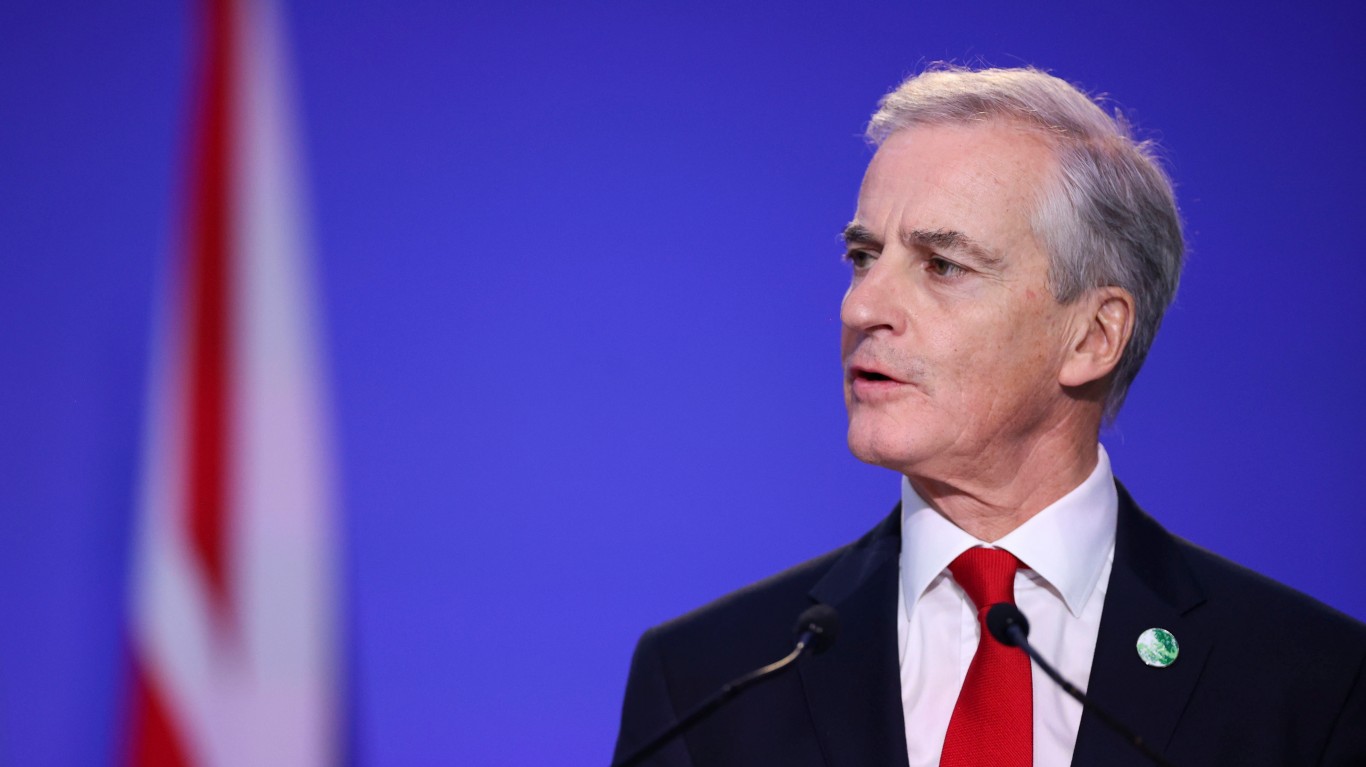
- Approval rating: 34%
- No opinion: 5%
- Disapproval rating: 61%
The Norwegian Labor Party has historically low support, which has impacted Jonas Gahr Store’s popularity. He has arguably been unfairly blamed for some of Norway’s issues, like global inflation, and his popularity has suffered as a result.
16. Pedro Sanchez (Spain)
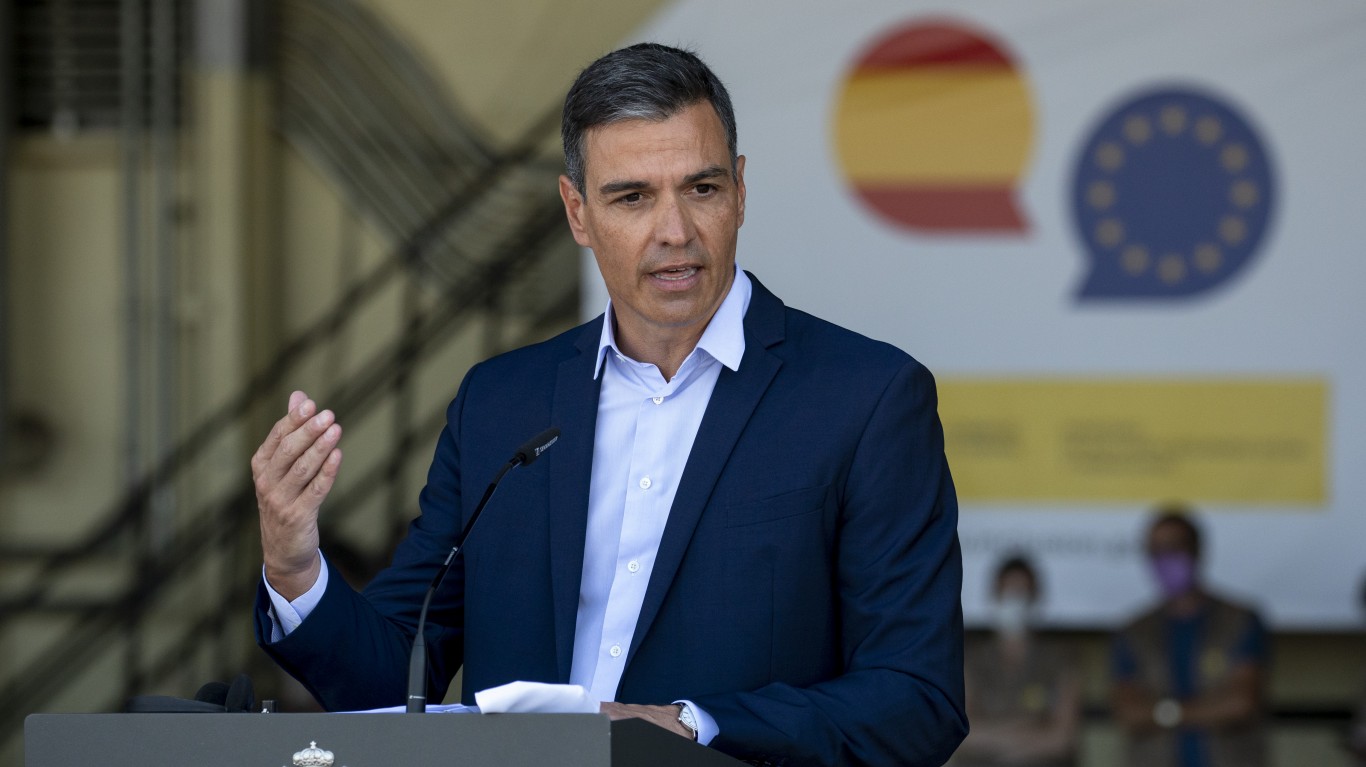
- Approval rating: 34%
- No opinion: 5%
- Disapproval rating: 61%
Unfortunately for Pedro Sanchez, his poll numbers have been going in the wrong direction. Spain is in a minor political crisis, and Sanchez is taking the heat on economic and foreign policy issues.
15. Ulf Kristersson (Sweden)
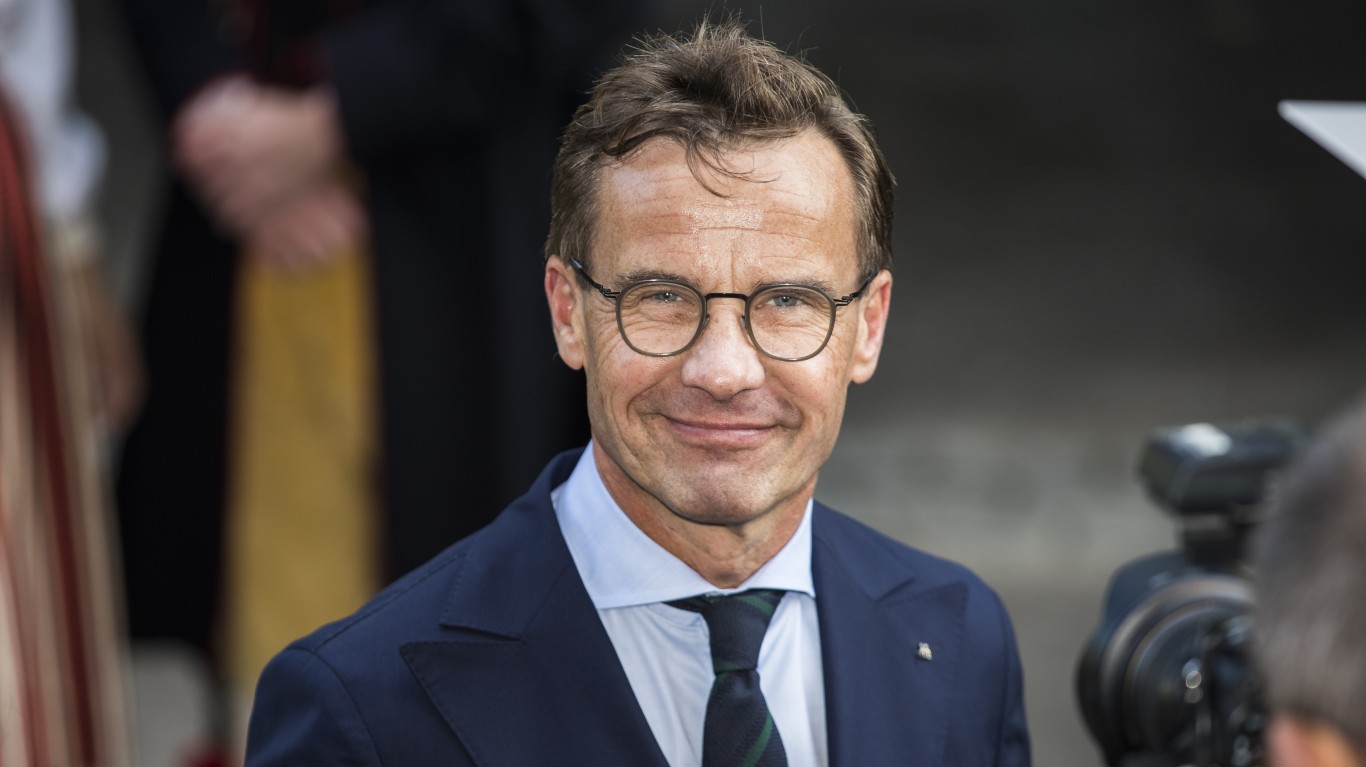
- Approval rating: 35%
- No opinion: 9%
- Disapproval rating: 55%
Although Ulf Kristersson helped Sweden join NATO, his time in office has faced many challenges, including the far-right party in Sweden, which has gained popularity.
14. Alexander De Croo (Belgium)
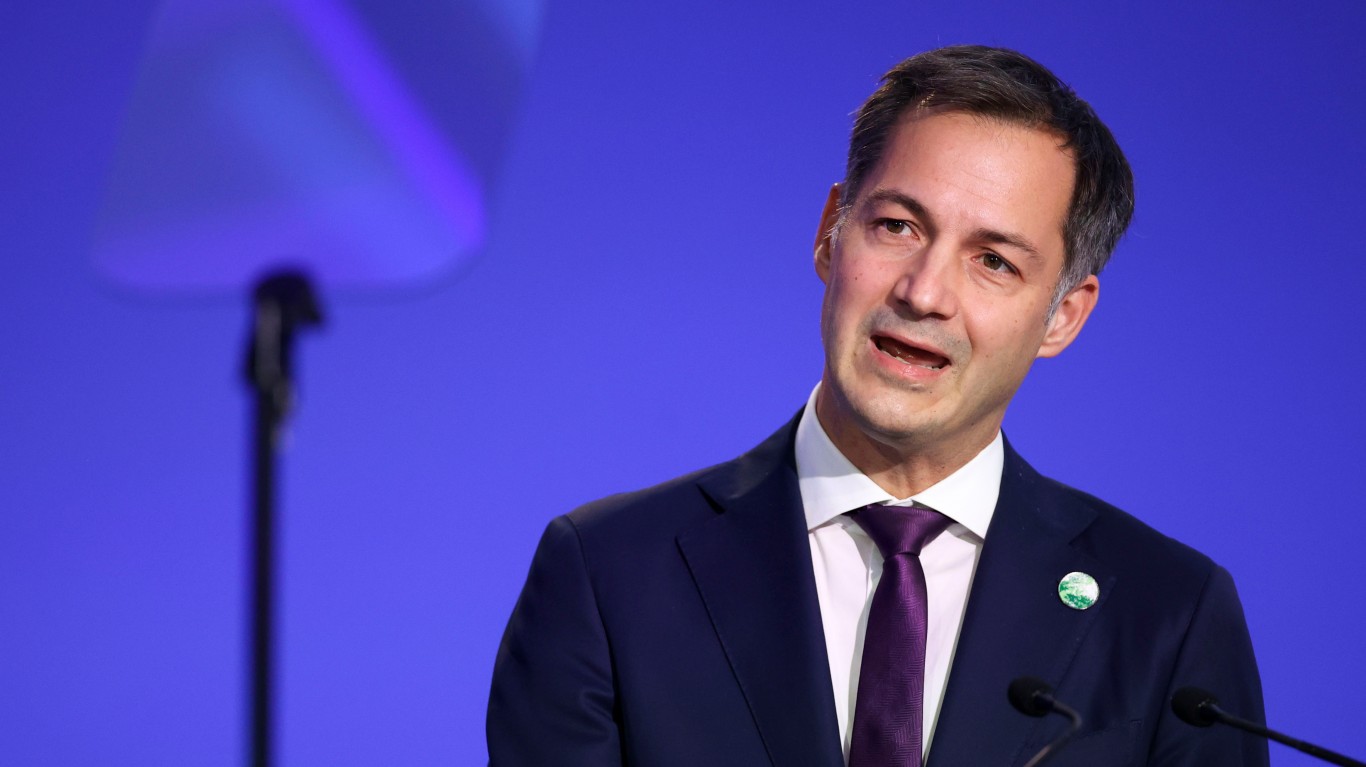
- Approval rating: 36%
- No opinion: 18%
- Disapproval rating: 46%
With Alexander De Croo’s popularity declining due to his party’s overall popularity downfall, his smooth-talking ways aren’t winning over voters like they once did. In addition, economic concerns are at the forefront of Belgian voters’ minds.
13. Cyril Ramaphosa (South Africa)
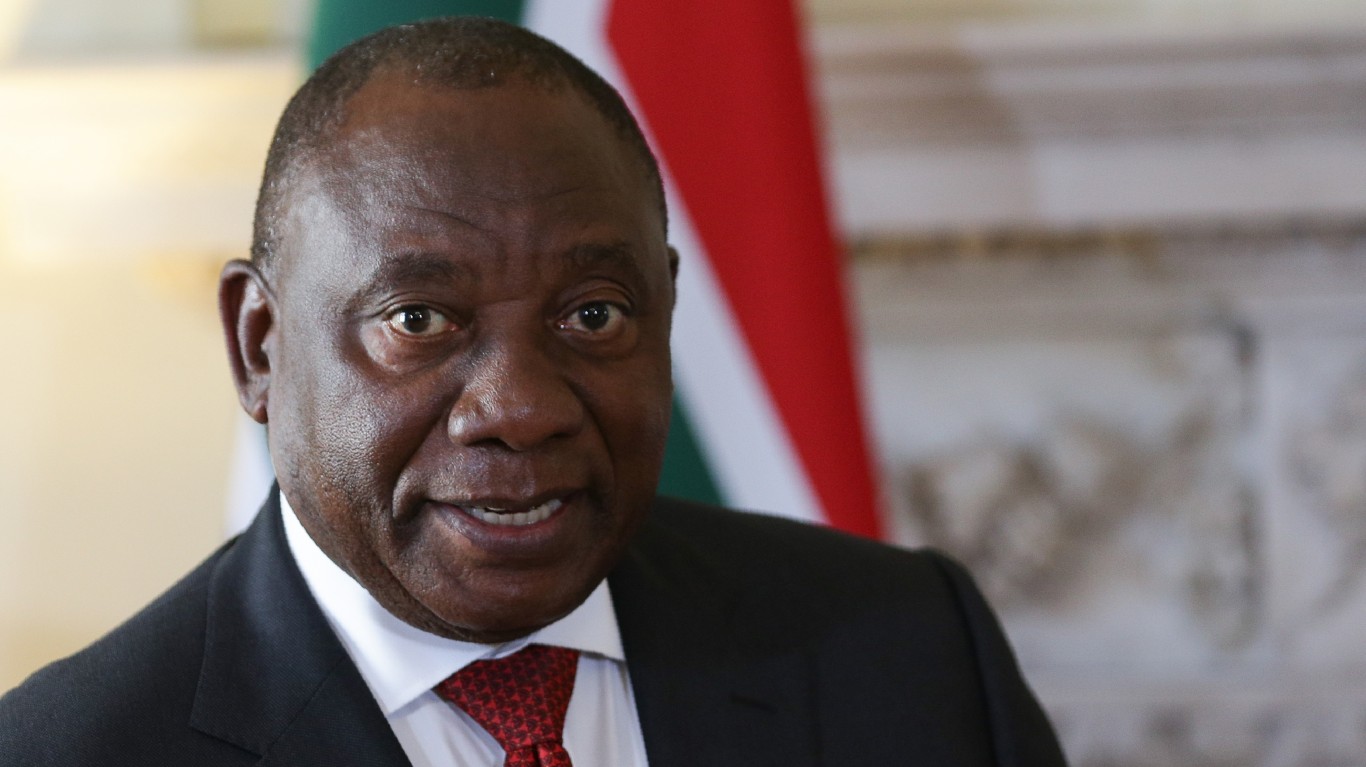
- Approval rating: 39%
- No opinion: 8%
- Disapproval rating: 53%
As South Africa faces multiple economic challenges, Cyril Ramaphosa is facing declining popularity. The impact of corruption scandals on the government has also led to a low approval rating.
12. Giorgia Meloni (Italy)
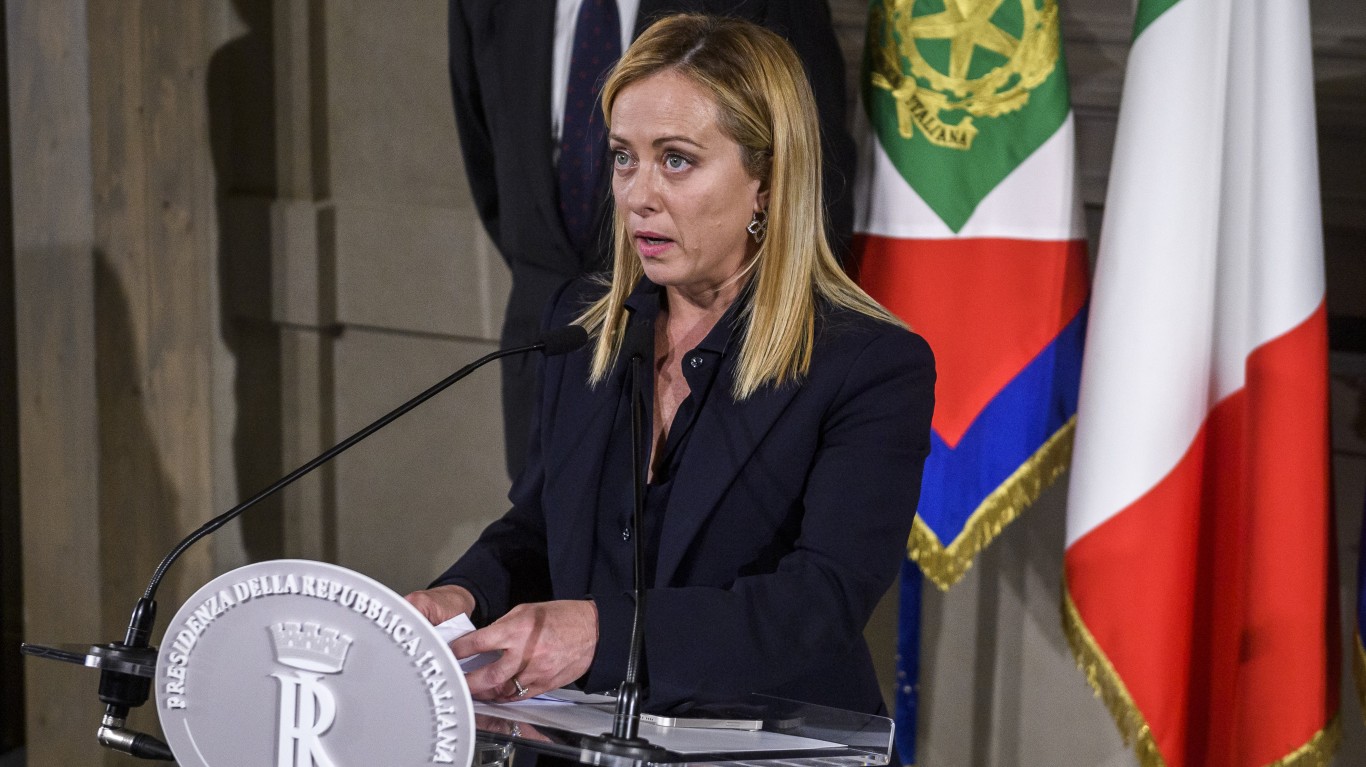
- Approval rating: 39%
- No opinion: 6%
- Disapproval rating: 55%
While Italy continues to be impacted by slow economic growth, Giorgia Melon’s popularity declined. However, despite her approval rating today, Meloni’s are rising, and her numbers will likely continue to climb.
11. Joe Biden (United States)
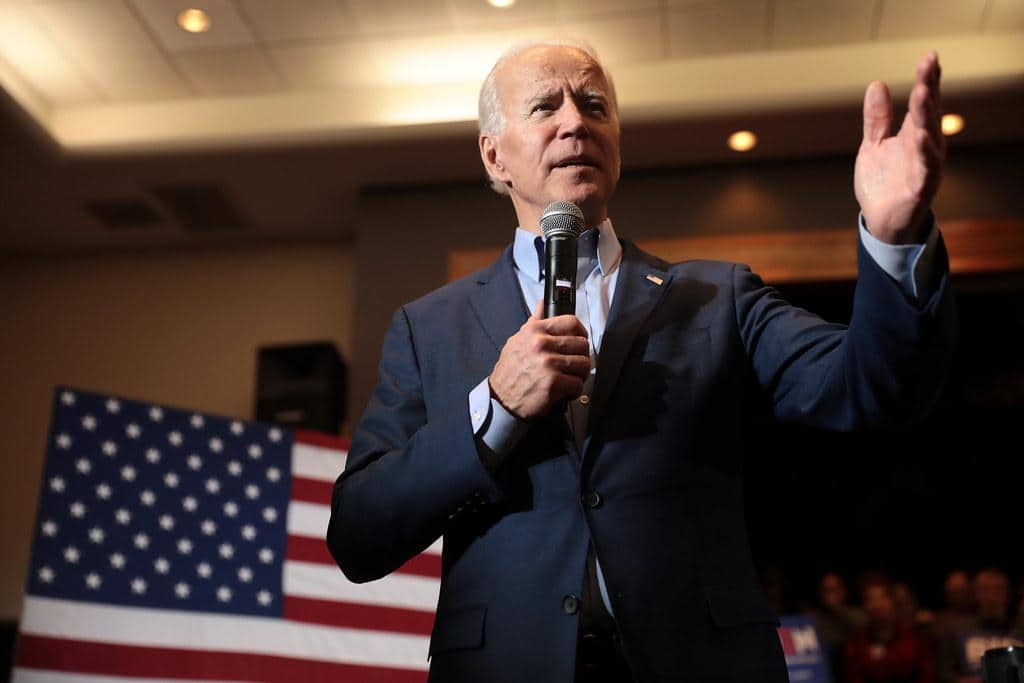
- Approval rating: 39%
- No opinion: 14%
- Disapproval rating: 46%
President Joe Biden’s approval ratings are disappointing due to continued high inflation, his handling of foreign policy, and his overall age. The political divide in the US is also a contributing factor.
10. Keir Starmer (United Kingdom)
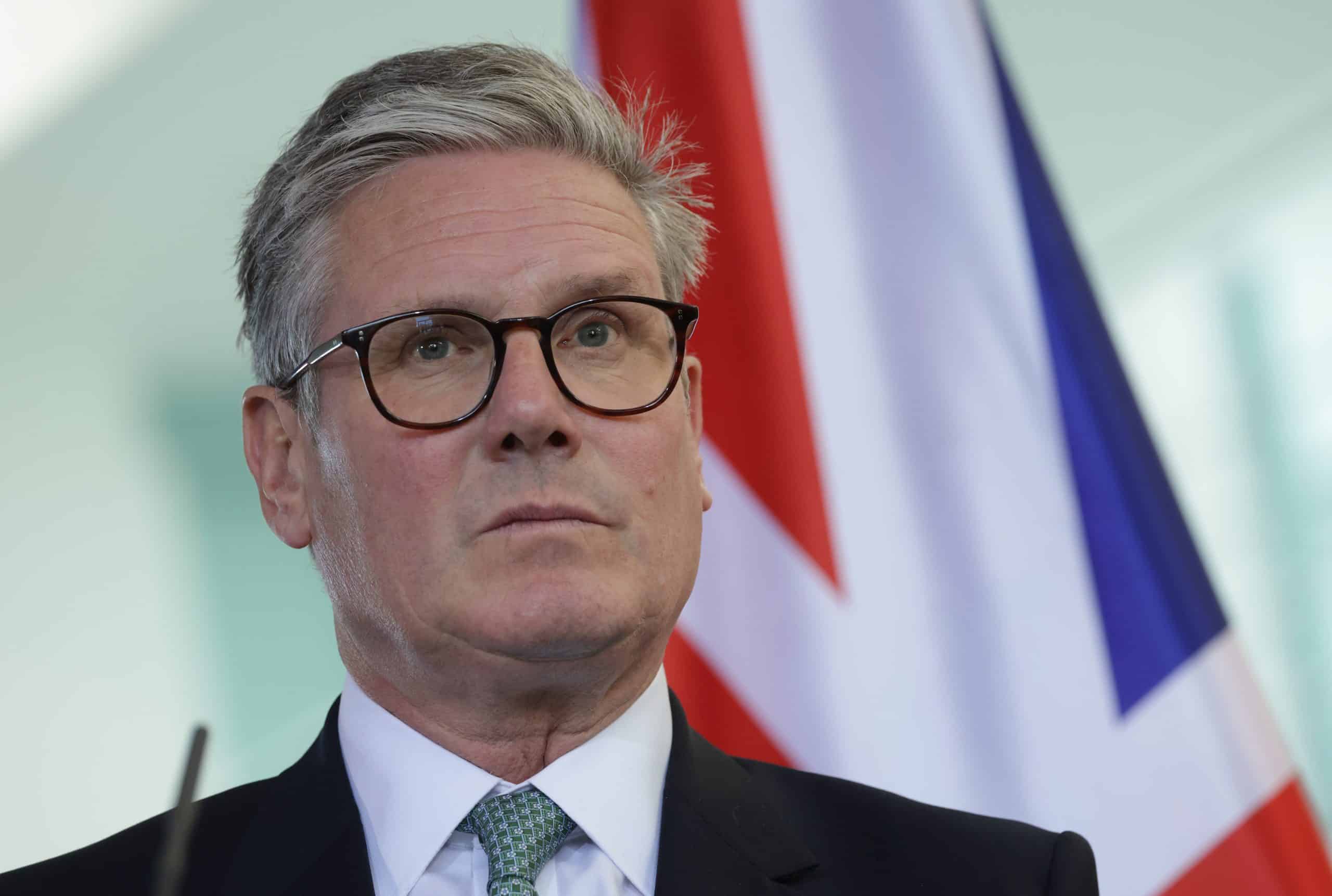
- Approval rating: 39%
- No opinion: 10%
- Disapproval rating: 42%
Taking over from an already unpopular leader, Keir Starmer is facing an uphill battle in the UK. His honeymoon period is over, and UK residents have not warmly received his response to recent riots.
9. Luiz Inacio Lula da Silva (Brazil)
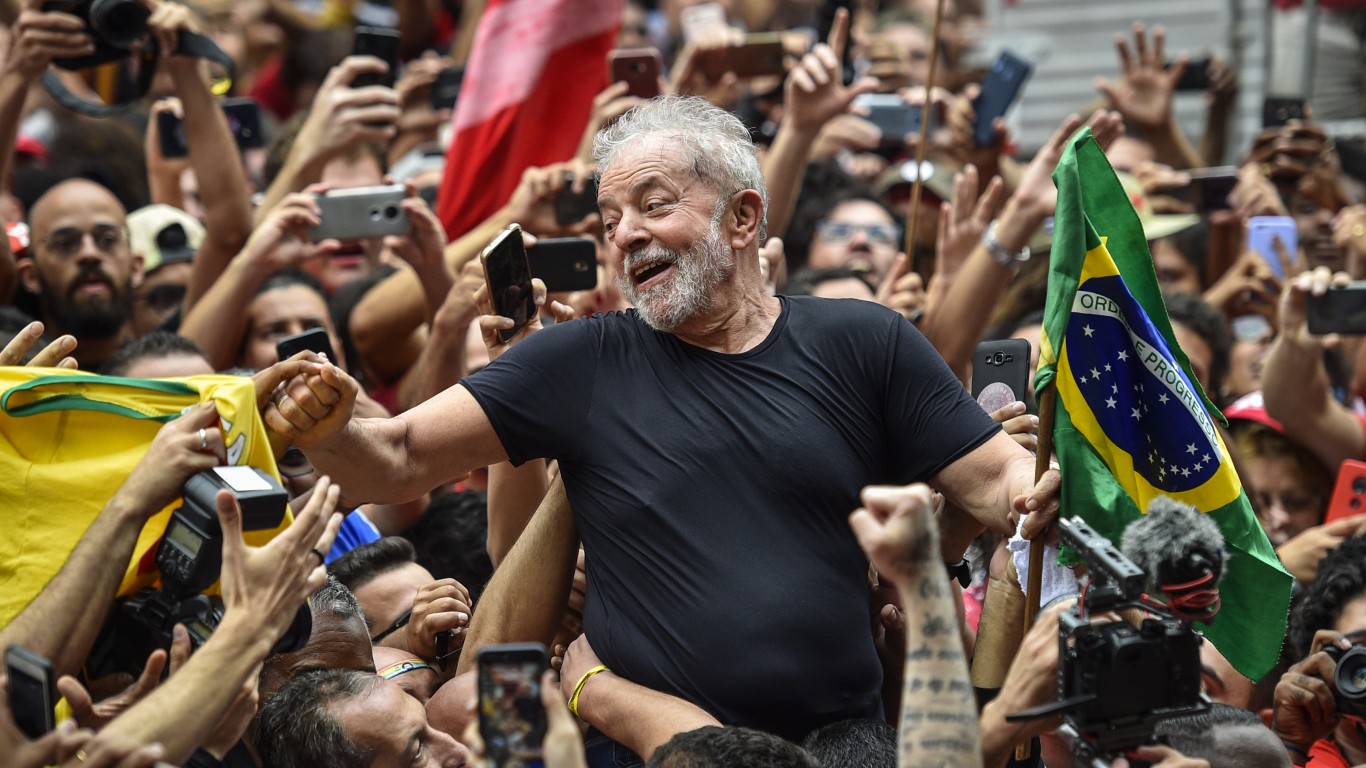
- Approval rating: 42%
- No opinion: 6%
- Disapproval rating: 52%
While Brazil’s leader receives mixed reviews, his popularity declined after issues of out-of-control spending, foreign policy, and political corruption scandals became more prominent.
8. Anthony Albanese (Australia)
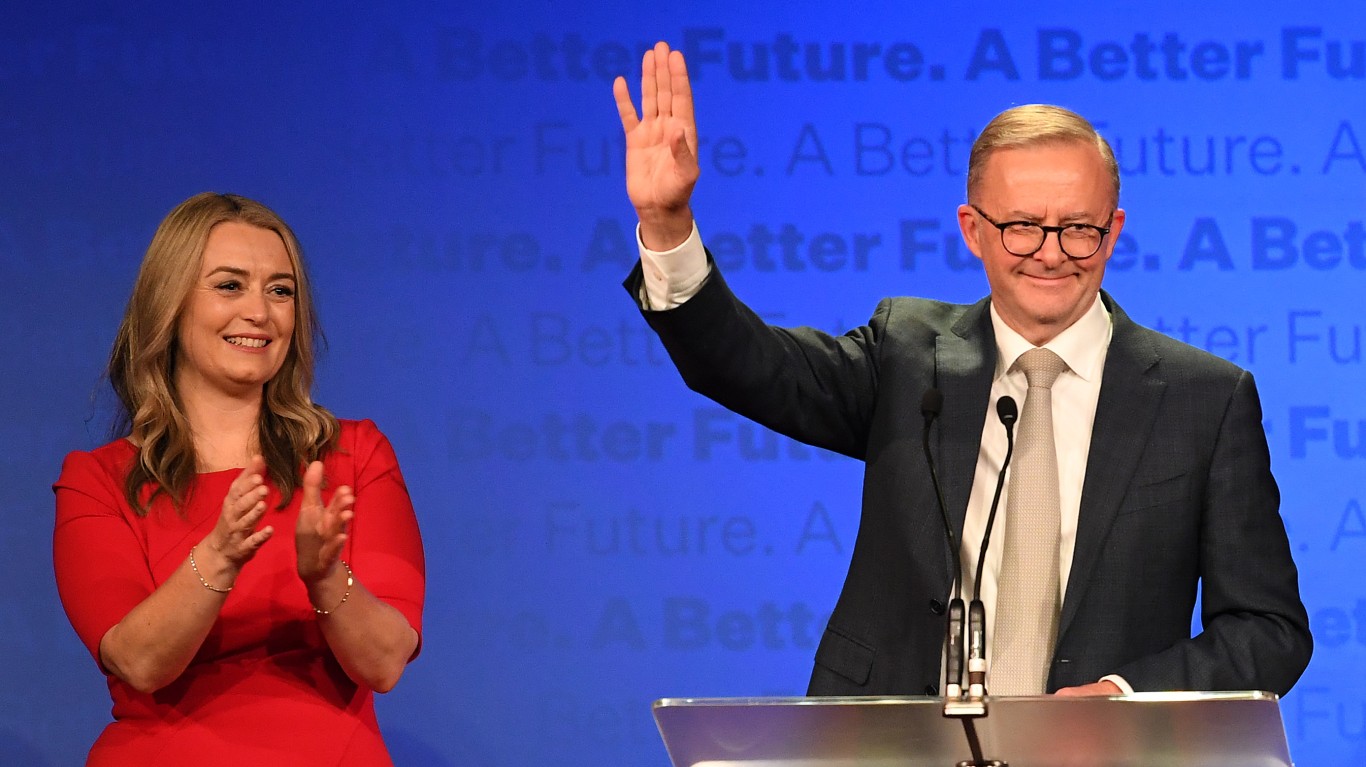
- Approval rating: 46%
- No opinion: 12%
- Disapproval rating: 43%
Australia’s prime minister has been enjoying a slight bump in approval lately since his big spending budget was approved in May. However, his popularity is in question after hitting its biggest low in June.
7. Dick Schoof (Netherlands)
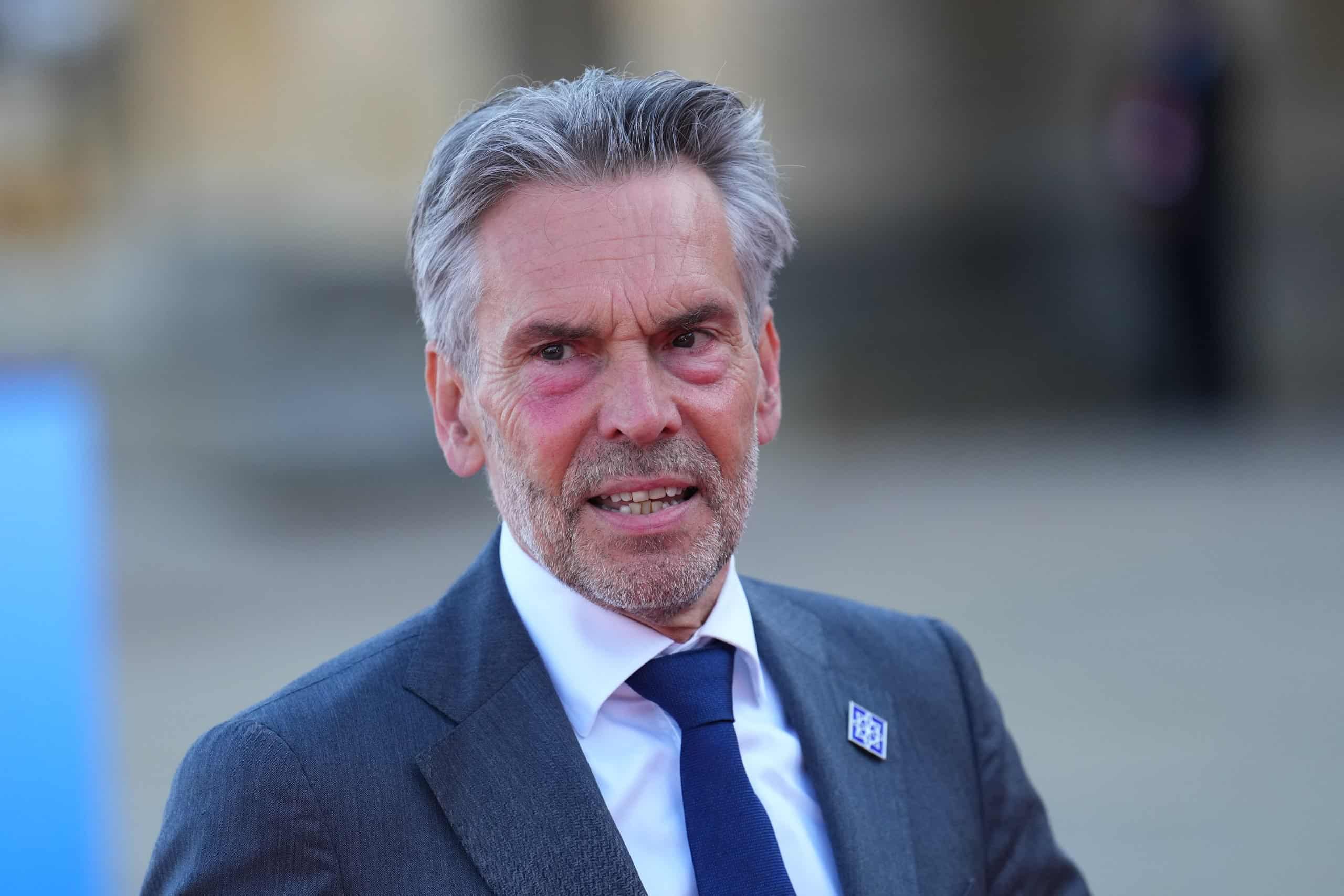
- Approval rating: 47%
- No opinion: 30%
- Disapproval rating: 23%
A career civil servant, Dick Schoof is someone who has already been involved in politics without being a politician. However, his mixed rating is because he was not the first choice for his office.
6. Simon Harris (Ireland)
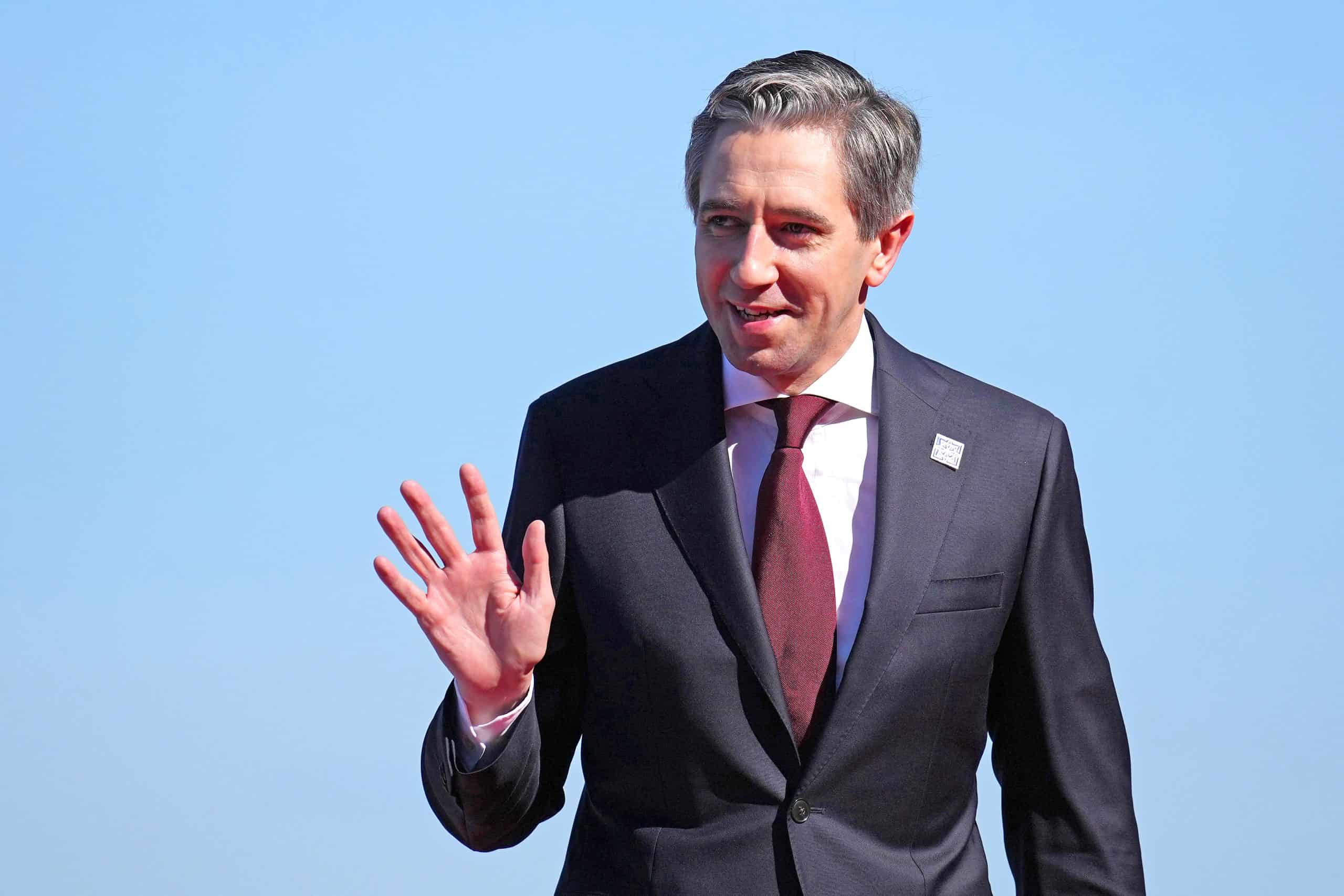
- Approval rating: 47%
- No opinion: 13%
- Disapproval rating: 40%
Ireland’s overall approval of Simon Harris has been related to his ability to seem likable, perhaps due to his young age. A strong presence on TikTok has also helped him connect with young voters.
5. Donald Tusk (Poland)
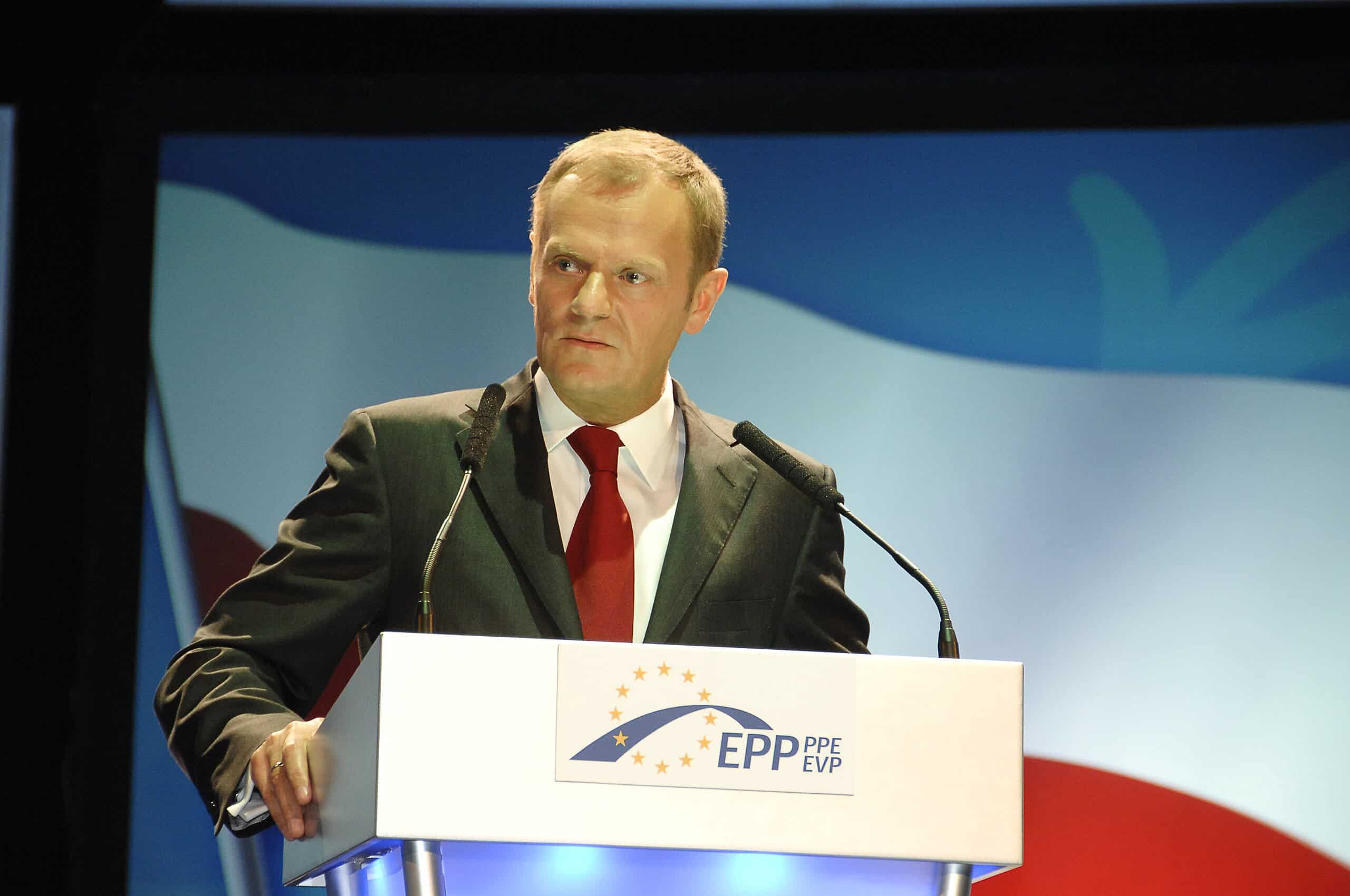
- Approval rating: 48%
- No opinion: 10%
- Disapproval rating: 42%
If a leader at the top of this list has shown the world how to stop the erosion of democracy, it’s Donald Tusk. Donald Tusk is the living embodiment of a leader who stands up for what they believe in, no matter the cost.
4. Viola Amherd (Switzerland)
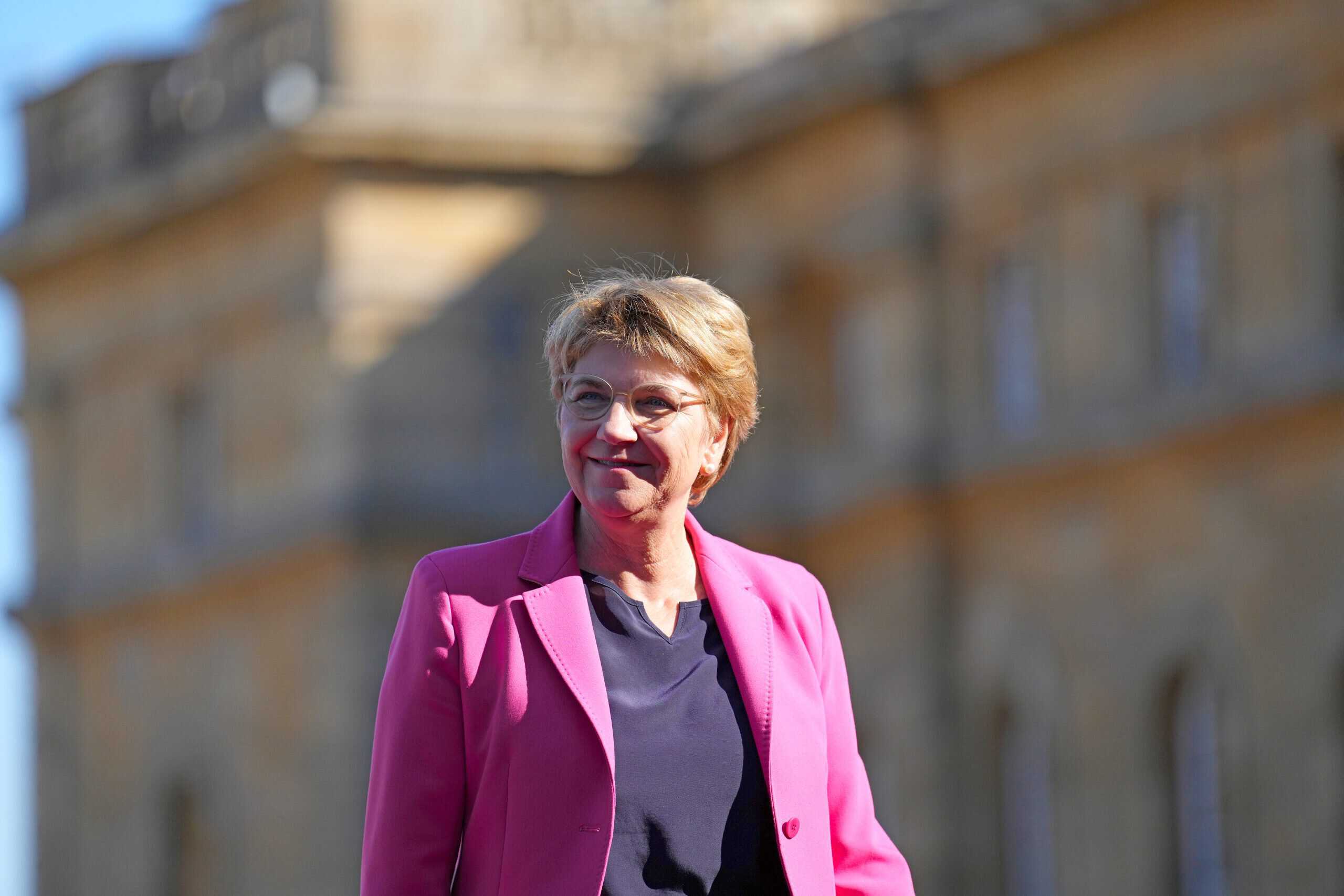
- Approval rating: 50%
- No opinion: 14%
- Disapproval rating: 35%
Her popularity soared as Switzerland’s first female defense minister, which helped her win the presidency. While the office rotates among cabinet ministers, Amherd is easily the most popular of the Swiss group.
3. Andres Manuel Lopez Obrador (Mexico)
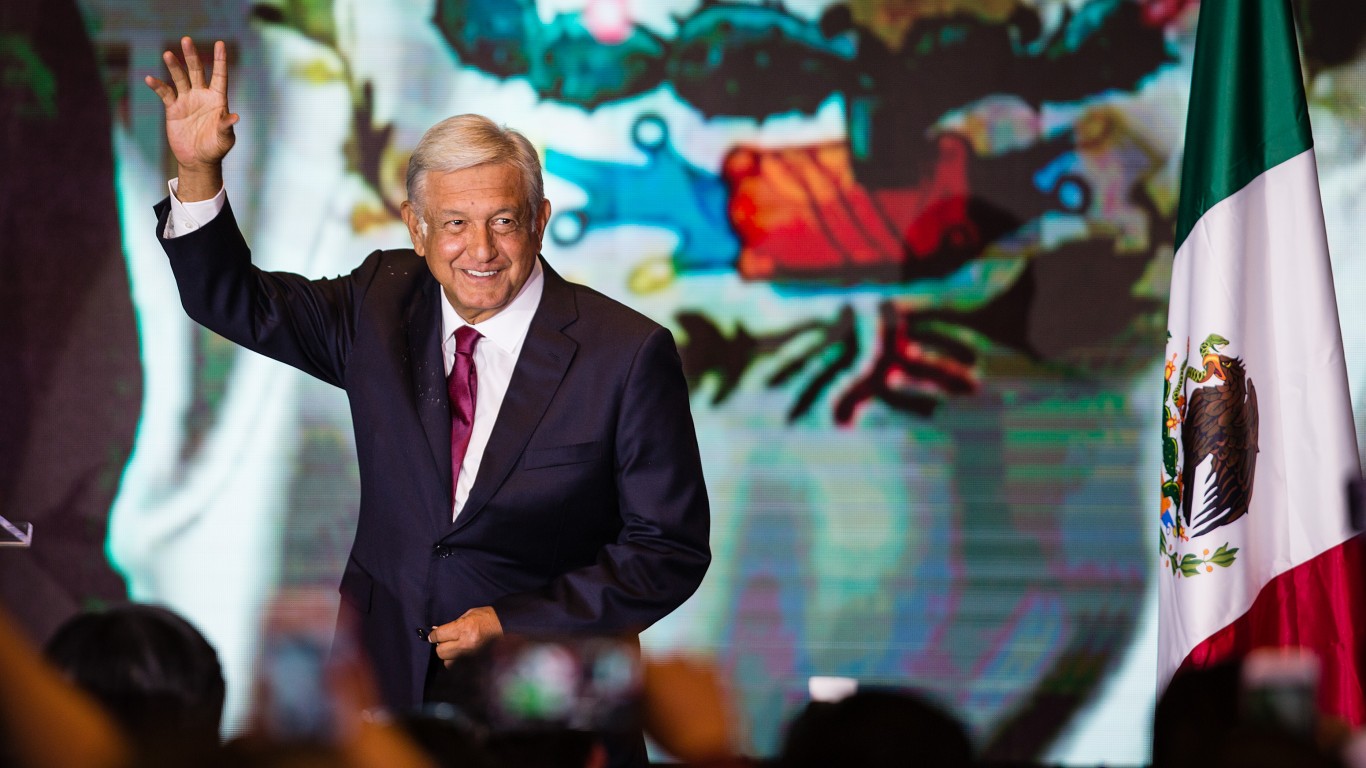
- Approval rating: 59%
- No opinion: 5%
- Disapproval rating: 36%
One of Mexico’s most popular presidents, Andres Manuel Lopez Obrador, has weathered many storms. Better known as AMLO, he increased the minimum wage by 85% above inflation, which has provided Mexican workers with some of their highest wages ever.
2. Javier Milei (Argentina)
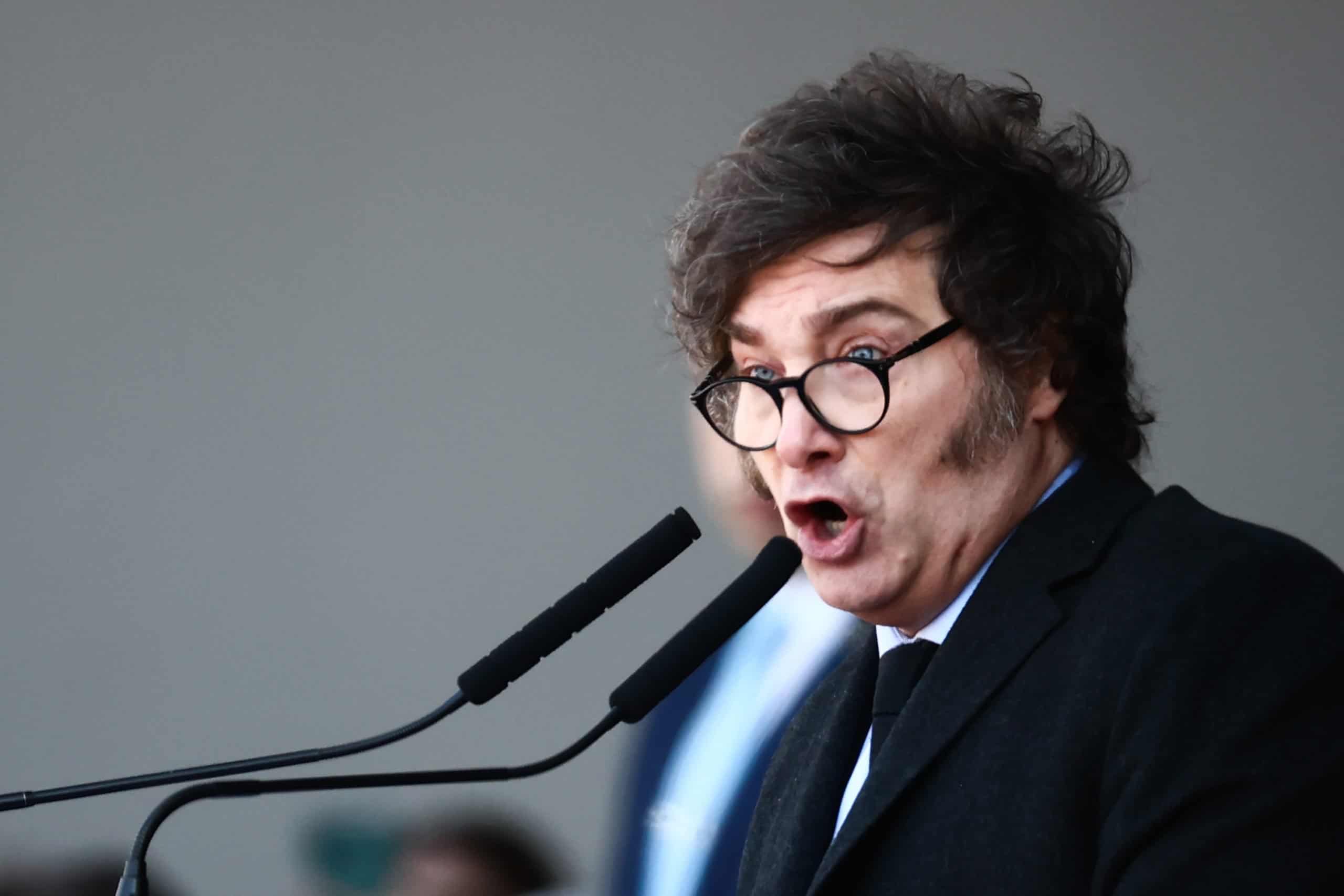
- Approval rating: 62%
- No opinion: 4%
- Disapproval rating: 34%
Well known for his conservative and right-wing rhetoric and ultra-liberal economic views, Javier Milei is a unique force in South American politics. Running on the issue of abolishing the Central Bank of Argentina made Milei a hit with voters, as did his anti-establishment image.
1. Narendra Modi (India)
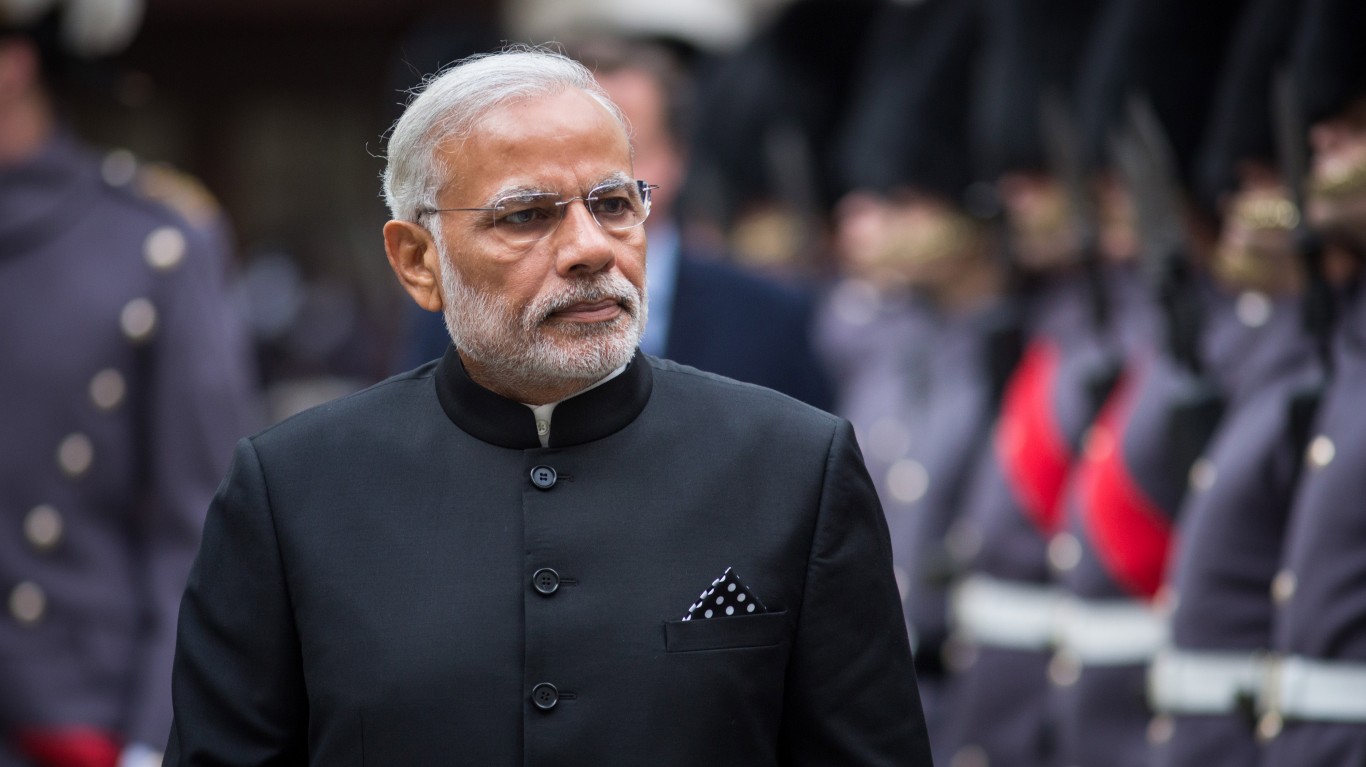
- Approval rating: 72%
- No opinion: 6%
- Disapproval rating: 22%
It’s been nearly a decade since Narendra Modi took office and recently won an impressive third term. By all accounts, India’s voters believe the country has gotten better over the last ten years, even though Modi frequently avoids the press and rarely gives interviews.
Thank you for reading! Have some feedback for us?
Contact the 24/7 Wall St. editorial team.
